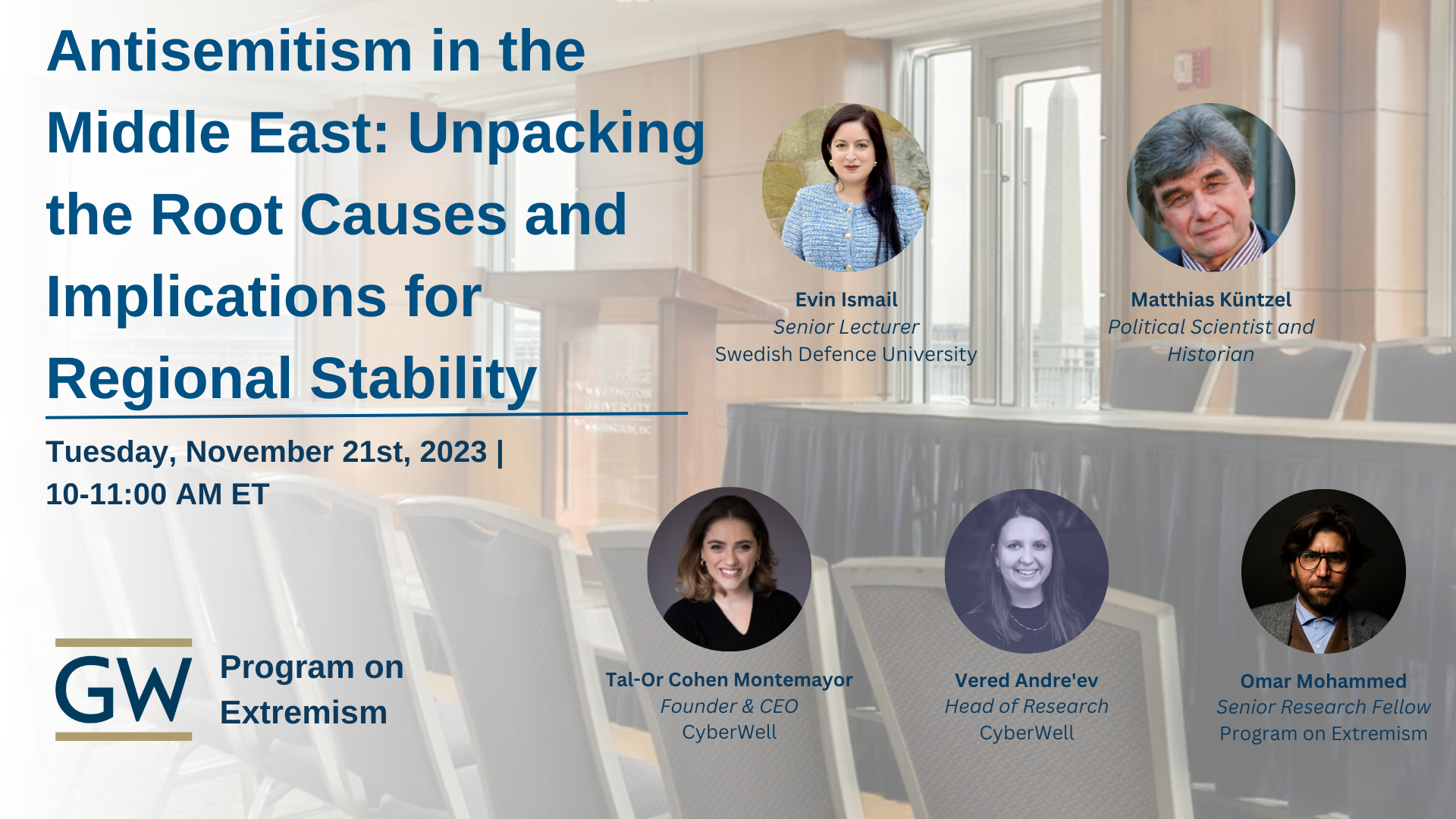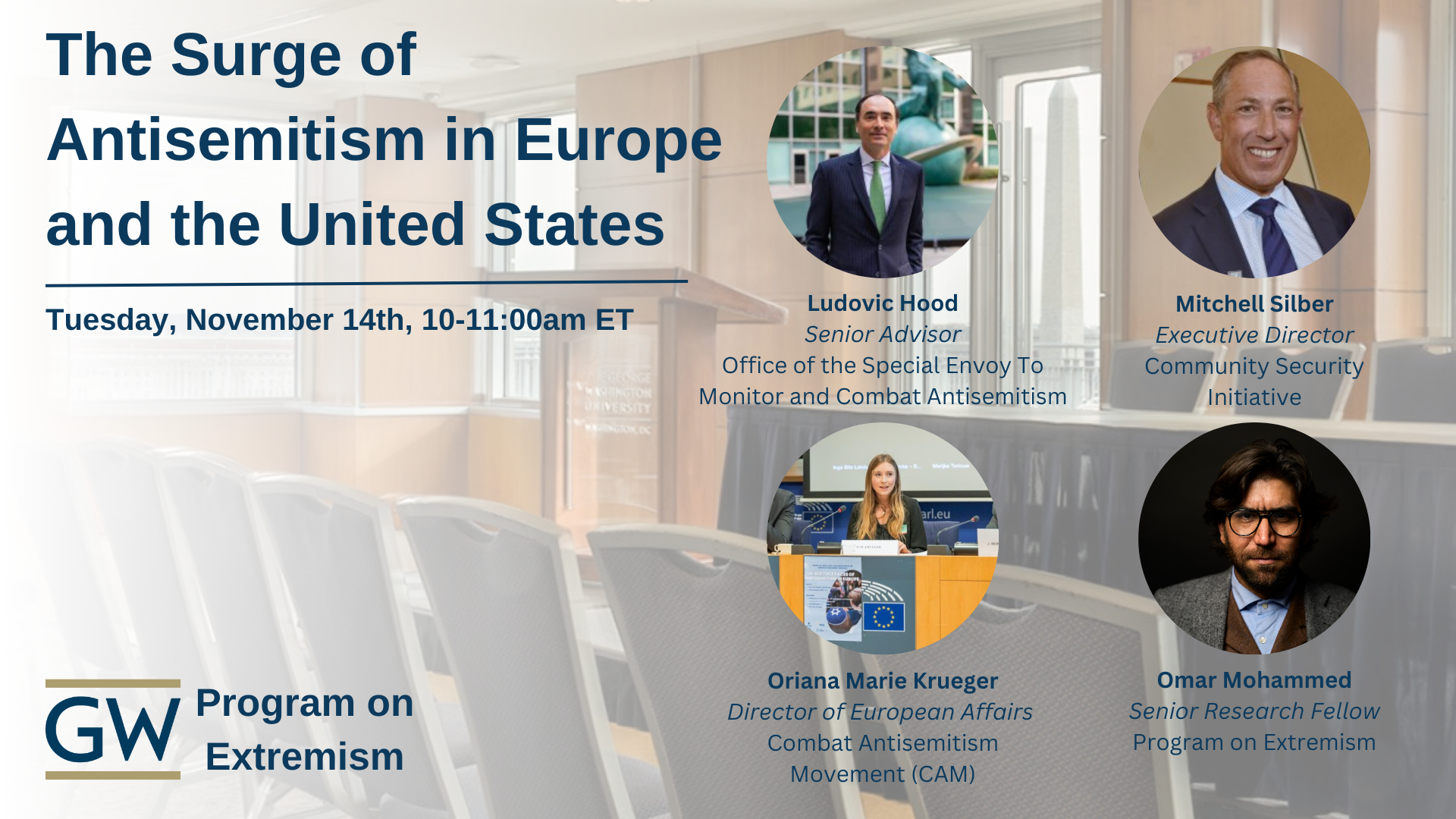Understanding Antisemitism: A Comprehensive Guide To Its Origins And Impact
Antisemitism has long been one of the most pervasive and damaging forms of prejudice throughout history, targeting Jewish individuals and communities across the globe. From ancient times to the modern era, this deep-rooted hatred has manifested in various ways, ranging from discriminatory laws to violent acts of persecution. Understanding the origins, evolution, and consequences of antisemitism is crucial for fostering a more inclusive and tolerant society. Despite efforts to combat it, antisemitism continues to persist, posing significant challenges to global peace and human rights. In this article, we will explore the roots of this prejudice, its impact on society, and how individuals and communities can work together to address it effectively.
Antisemitism is not just a historical issue but a contemporary concern that affects millions of people worldwide. Whether it's through harmful stereotypes, hate speech, or acts of violence, antisemitism undermines the values of equality and mutual respect. By examining its historical context and modern-day manifestations, we can better understand why this form of prejudice persists and what steps can be taken to counteract it. Awareness and education are key tools in the fight against antisemitism, helping to dismantle harmful misconceptions and promote empathy and understanding.
As antisemitism continues to evolve in the digital age, it is essential to stay informed about its various forms and the ways it spreads. Social media platforms, for instance, have become breeding grounds for hate speech and conspiracy theories targeting Jewish communities. By addressing these challenges head-on and fostering open dialogue, we can create a world where antisemitism no longer has a place. In the following sections, we will delve deeper into the topic, answering critical questions and offering actionable insights to combat this persistent issue.
Read also:Spiraling Spirit Ice Hockey Locker Room Unleashing Team Potential
Table of Contents
- What is Antisemitism?
- Historical Roots of Antisemitism
- How Does Antisemitism Manifest Today?
- Why is Antisemitism Still a Problem?
- How Can We Combat Antisemitism?
- Famous Figures Who Fought Antisemitism
- Biography of a Prominent Figure
- The Role of Education in Fighting Antisemitism
- Antisemitism in the Digital Age
- Conclusion
What is Antisemitism?
Antisemitism refers to the prejudice, discrimination, or hatred directed against Jewish people as an ethnic, religious, or racial group. It is a deeply ingrained form of bigotry that has persisted for centuries, often fueled by stereotypes, conspiracy theories, and scapegoating. The term itself was coined in the 19th century, but the roots of antisemitism stretch back much further, with examples found in ancient civilizations and medieval Europe.
Historical Roots of Antisemitism
The origins of antisemitism can be traced back to ancient times, with early examples found in the Roman Empire and the spread of Christianity. Jewish communities were often scapegoated for societal problems, such as economic hardships or pandemics. During the Middle Ages, antisemitism took on a more violent form, with Jews being expelled from countries, subjected to discriminatory laws, and even targeted in massacres.
How Does Antisemitism Manifest Today?
In the modern era, antisemitism continues to thrive in various forms. Hate crimes against Jewish individuals, vandalism of synagogues, and the spread of antisemitic tropes on social media are just a few examples. Political movements and extremist ideologies also contribute to the normalization of antisemitism, making it a pressing issue in today's world.
Why is Antisemitism Still a Problem?
Despite progress in human rights and equality, antisemitism remains a significant challenge. One reason is the persistence of harmful stereotypes and conspiracy theories, such as the false claim that Jews control global finance or media. These myths are perpetuated through misinformation and are often used to justify discrimination and violence against Jewish communities.
How Can We Combat Antisemitism?
Combating antisemitism requires a multifaceted approach that includes education, legislation, and community engagement. Schools and universities can play a vital role by teaching students about the history and impact of antisemitism. Governments must enforce laws that protect Jewish communities from hate crimes and discrimination. Additionally, fostering dialogue between different cultural and religious groups can help break down barriers and promote mutual understanding.
Famous Figures Who Fought Antisemitism
Throughout history, numerous individuals have stood up against antisemitism and worked tirelessly to promote tolerance and equality. These figures have used their platforms to raise awareness about the dangers of prejudice and advocate for the rights of Jewish people.
Read also:Salt Under The Tongue Trick What You Need To Know
Biography of a Prominent Figure
One such figure is Anne Frank, whose diary became a symbol of hope and resilience in the face of persecution. Below is a brief overview of her life and contributions:
| Name | Anne Frank |
|---|---|
| Date of Birth | June 12, 1929 |
| Date of Death | February/March 1945 |
| Nationality | German-Dutch |
| Known For | Author of "The Diary of a Young Girl" |
| Contributions | Raised awareness about the Holocaust and antisemitism through her writings. |
The Role of Education in Fighting Antisemitism
Education is one of the most powerful tools in the fight against antisemitism. By teaching students about the history and impact of this prejudice, educators can help dispel harmful myths and stereotypes. Schools can also promote inclusivity by celebrating Jewish culture and traditions, fostering a sense of belonging for Jewish students.
Antisemitism in the Digital Age
The rise of the internet and social media has provided new platforms for the spread of antisemitism. Online forums and social networks have become breeding grounds for hate speech, conspiracy theories, and extremist ideologies. To combat this, tech companies must take responsibility by removing harmful content and promoting accurate information about Jewish history and culture.
What Can Individuals Do to Stop Antisemitism?
Individuals can play a crucial role in combating antisemitism by speaking out against hate speech and supporting Jewish communities. Educating oneself about the history and impact of antisemitism is also essential. By standing up against prejudice and promoting empathy, everyone can contribute to a more inclusive and tolerant society.
Why Should We Address Antisemitism in Schools?
Addressing antisemitism in schools is vital because it helps students understand the dangers of prejudice and the importance of respecting diversity. By incorporating lessons about antisemitism into the curriculum, educators can equip students with the knowledge and tools they need to challenge discrimination and promote equality.
Conclusion
Antisemitism is a deeply entrenched form of prejudice that continues to affect millions of people worldwide. By understanding its origins, manifestations, and impact, we can take meaningful steps to combat it. Education, legislation, and community engagement are all essential components of this effort. Together, we can create a world where antisemitism no longer has a place, fostering a society built on mutual respect and understanding.
Exploring The Life And Career Of Emily Osment: A Journey Through Her Achievements
North Texas Basketball: A Comprehensive Guide To The Thrilling World Of Hoops
Everything You Need To Know About Invincible Season 3

Antisemitism in the Middle East Unpacking the Root Causes and

The Surge of Antisemitism in Europe and the United States Program on